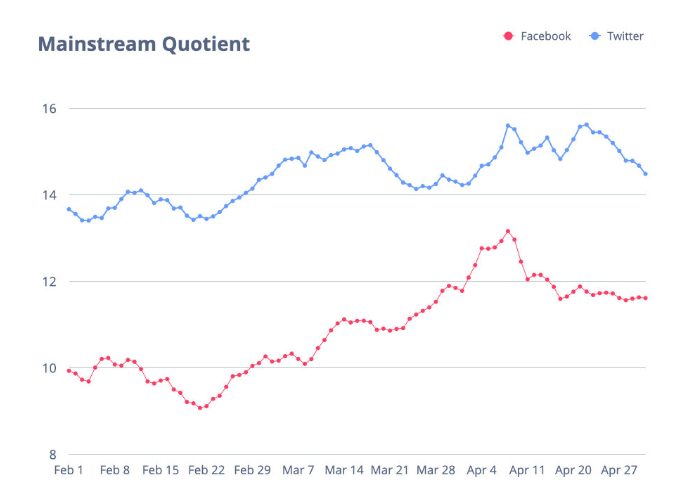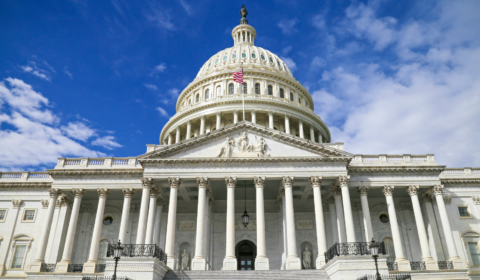Questionable news sites have seen a drop in clicks while more traditional outlets have enjoyed fresh popularity, though whether it lasts after the pandemic remains to be seen.
The Economist has published new figures that show many of us flocked to mainstream news websites from early March onward at the height of the Coronavirus panic, suggesting that demand for less legitimate sites slows down in moments of crisis.
These figures are taken from research into human behaviour by the University of Michigan which found that the public ‘fly to quality publications’ when faced with uncertainty. The Coronavirus is one of the biggest upsets to modern life in living memory and we’ve seen a plethora of fake news and conspirator misinformation flood the internet since January. Just take a look at this video by the BBC that highlights various conspiracies that have floated about the last few months.





















